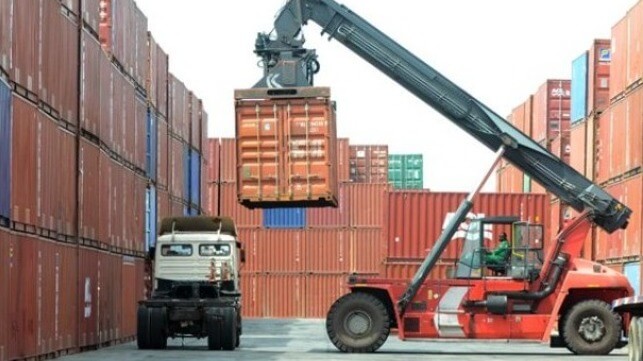Nigerian Unions Pause Strike at Ports and Oil Terminals

Nigeria's national labor unions have suspended a general strike for one week of additional negotiations, just a day after paralyzing simultaneous walkouts hit the country's ports, petroleum, aviation, utility and government sectors.
After talks with the administration of President Bola Tinubu, the National Labour Congress secured a government commitment to raise the federal minimum wage to at least N60,000 per month ($40). Officials will meet with the National Labour Congress and the Trade Union Congress to hammer out a final number over the course of the next week; if they do not reach a final agreement, the strike will resume without further notice. In the meantime, union members will return to the job.
The president of the Trade Union Congress, Festus Osifo, said in an interview Tuesday that organized labor will need to see a much bigger number than N60,000 in order to settle the matter. Quietly, insiders from the unions told local paper Punch that they might consider N100,000 ($67 a month) instead of their original demand of N494,0000 ($330).
The unions have also demanded a reduction in the price of electricity. Soaring costs for energy have hit Nigerian businesses and workers hard, adding to an inflation rate that now exceeds 30 percent.
The effects of the one-day strike on the Nigerian economy are yet to be fully calculated, but the cost of lost oil revenue appears already clear. The union of upstream workers (PENGASSAN) and downstream employees (NUPENG) both joined the strike and set up picket lines at oil and gas installations, seeking "100 percent compliance" with the strike directive. The value of lost production amounted to about $100 million at current Brent prices, according to local paper Punch.

that matters most
Get the latest maritime news delivered to your inbox daily.
Dockworkers division MWUN told Nigerian outlet This Day that the ports segment of the shutdown was implemented thoroughly, shutting down all commercial activity at Apapa and Tin-Can Island terminals - even access to business offices. Land-side and waterside operations ceased, the union said.
Even before the strike, Nigeria's key international terminals faced difficulty with infrastructure and throughput. Prolonged construction-related closures of a terminal access bridge and persistent channel shoaling are constricting cargo movement at Lagos, according to local shipping associations.
